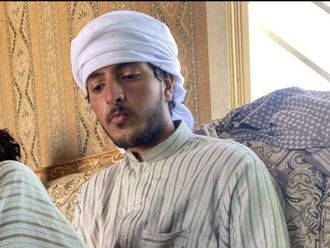Abu Dhabi: The Ministry of Human Resources and Emiratisation on Saturday said it has helped return financial dues owed to 10,500 workers across the UAE during the first nine months of this year.
In a statement on Saturday, the ministry said that a team of general inspectors paid 2,200 visits to 598 establishments, 740 labour accommodations, and 870 worksites in the country between the start of 2016 and September.
“The general inspectors, who were stationed in 12 teams, unearthed a variety of violations within 122 facilities. These violations reported wage non-compliance, salary delays, avoiding overtime pay, and disrespect [for] public holiday attendance compensations,” said Maher Al Obed, Assistant Undersecretary for Inspection Affairs.
The inspections are part of efforts by the ministry to ensure employees are given their rights, with many workers, especially low-income ones, having voiced concerns about unfair treatment, including delays in wage payments and unsafe living conditions.
In July, the ministry said it has issued a new decree to ensure employees’ wages are fully paid within a period not exceeding 10 days from the due date of their payment. The decree commenced in October 2016.
Al Obed said that the inspections aimed to raise awareness among business owners — specifically those employing over 50 workers — that had been required to provide labour accommodation as per a new decree.
The team of inspectors also helped educate workers and business owners about labour legislations in terms of granting workers overtime dues, ensuring wages are paid on time, and ensuring that the hiring of women and juveniles is done according to laws and regulations.
To ensure a fair audit, general inspectors start at the headquarters of a company, and then reach out to its branches.
Sultan Al Saadi, head of the initiative, said, “Inspectors will meet with workers, check their circumstances, note down their complaints, then match it with the outputs mentioned by the company. Inspectors shall organise visits to remote work sites to check on occupational health and safety issues, then check labour accommodation standards.”
Based on the inspections, there will be a smart system that classifies companies into five levels according to the level of hazardous working conditions and number of disputes recorded. The system will then prioritise follow-ups.
Al Saadi said general inspectors will properly identity themselves before inspecting the facility, and explain the idea of a general inspector to the employer.












